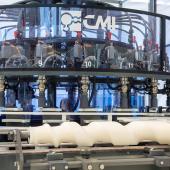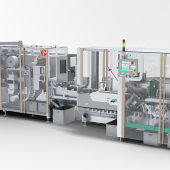Resins for packaging, under the sign of “circularity”
FKuR Kunststoff GmbH returns to the “K 2019” (16-23 October, Düsseldorf), where it is preparing to present a wide range of biodegradable, compostable or biobased polymers and compounds.
|
An all-round supplier of biodegradable and compostable compounds for the packaging industry, FKuR also responds to the growing demand of durable goods made from materials from renewable sources. The FKuR portfolio offers a wide range of state-of-the-art materials, developed in close collaboration with its customers, that comply to the technical and strategic specifications of each project and production process. |
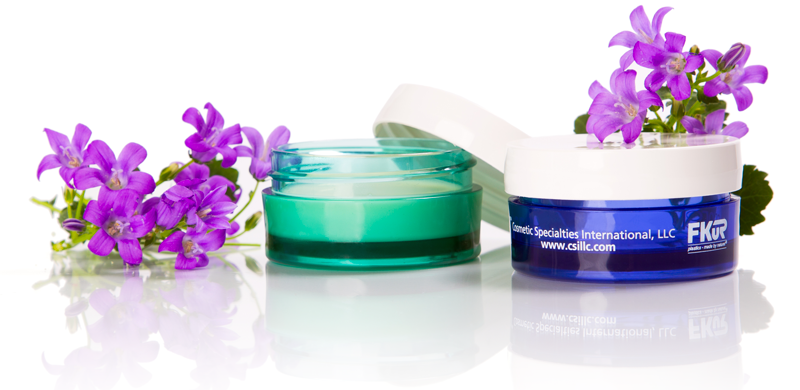
FROM BIODEGRADABLE AND COMPOSTABLE PROPOSALS...
Bio-Flex®. The state of the art of biodegradable compounds for the production of compostable products (in compliance with EN 13432) is represented by the Bio-Flex® range, that include:
• blow film extrusion grades with renewability up to 60% and also suitable for producing thin but resistant films, such as those used for the production of fruit and vegetable bags;
• injection or thermoforming grades, with a compostable certified thickness up to 1.2 mm.
Some of these grades can boast a high native thermal resistance and can be used for the production of coffee capsules.
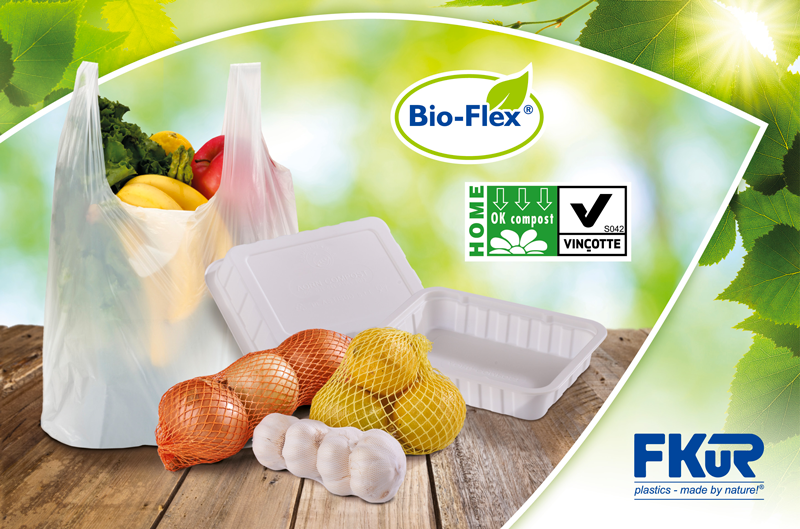
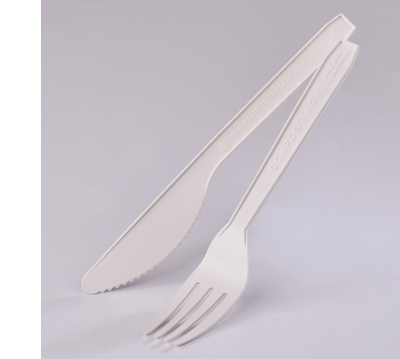 Biograde®. Another solution in this area is the Biograde® family, based on cellulose acetate, renewable up to 60% (ASTMD 6866) and with characteristics similar to ABS or polystyrene. It enables the production of biodegradable objects with high stability in everyday use, that is when they are not put in composting conditions. In practice, this compound can be used in the production of pens, cutlery and other technical articles.
Biograde®. Another solution in this area is the Biograde® family, based on cellulose acetate, renewable up to 60% (ASTMD 6866) and with characteristics similar to ABS or polystyrene. It enables the production of biodegradable objects with high stability in everyday use, that is when they are not put in composting conditions. In practice, this compound can be used in the production of pens, cutlery and other technical articles.
…TO LASTING AND BIOBASED ONES
Green PE. To those who wish to replace their polyethylene packaging with a more “sustainable” product, FKuR proposes Braskem’s Green PE, of which it is the distributor. It is a renewable polyethylene made starting from sugar cane which, compared to similar solutions of fossil origin, has a clearly advantageous carbon footprint (-3.09 kg CO2 equiv/kg for Green PE against +1,7 kg CO2 equiv/kg for fossil PE), thanks to the fact that the plant, growing, absorbs CO2 from the environment thanks to photosynthesis.
Terralene®. Among the solutions developed by FKuR, we cite the Terralene® line, ideal for cosmetics and food packaging applications, which includes PP-based products with a renewability of around 30%.
Developed specifically for injection, thermoforming and blow-molding processes, it is available in different fluidities and degrees of transparency.
Terraprene® and PET Eastlon. The latest generation of TPE (elastomers produced from renewable sources) is represented by Terraprene®, while 30% plant based PET Eastlon - whose plant component also comes from sugar cane - is the most suitable choice for those who want to use a highly sustainable PET product.
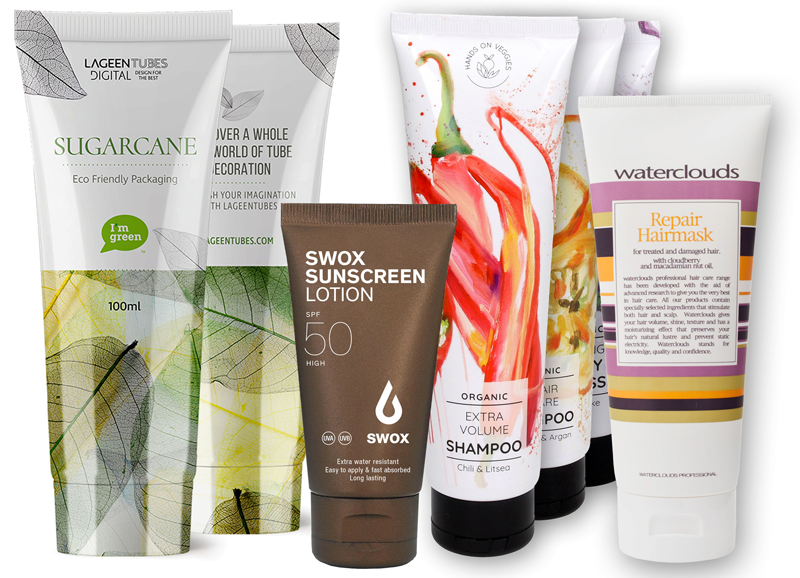

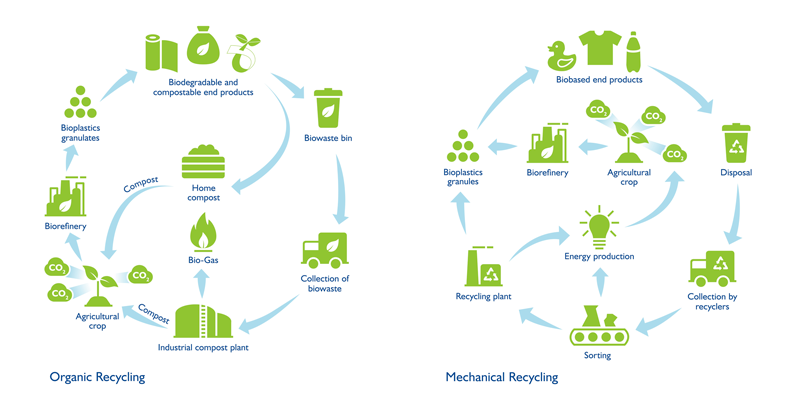
Circular economy: the “manifesto” of FkuR
By clarifying the guidelines of its commitment to embrace and contribute to a circular economy model, FkuR recalls how the guidelines of the latter envisage that plastic artefacts should be as recyclable as possible. At the same time, however, it recognizes the value of the renewable origin of biobased products, reducing the dependence on fossil fuels upstream.
The durable biobased products offer significant pluspoints in terms of sustainability. They are, in fact, conferable to the current segregated waste collection sorting lines and even if part of them might be sent as waste-to-energy regeneration, CO2 emissions into the environment would be less impactful than traditional products of fossile origin.
Even compostable products are exploited in a virtuous cycle, as they can be recovered in various ways: as compost, of course, but also as a source of biogas from which to obtain energy.
In both cases, to “close the circle” of sustainability, it is important that the renewable component is high and that the carbon footprint is favorable, slowing down as much as possible the increase of CO2 emissions into atmosphere.












